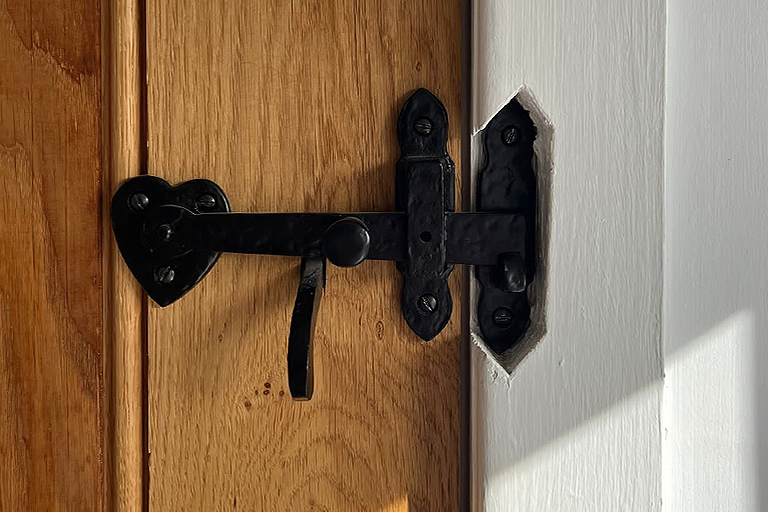Ask Gordon Anthony.

"Finding mortgage solutions for self-employed individuals, - tailored to your unique financial situation."
Our team of mortgage experts specializes in working with self-employed individuals and understands the unique challenges you may face when seeking a mortgage. We work to understand your financial situation, including your income and expenses, and help you find the best mortgage options available.

Key Points To Consider
As a self-employed home buyer, obtaining a mortgage can be a daunting process. Here are some key factors to consider:
Proof of income: Unlike salaried employees, you may have irregular income streams. As such, you’ll need to provide evidence of your earnings over a longer period of time, typically 2-3 years, through tax returns, bank statements, and other financial documents.
Credit history: A strong credit history is essential to obtaining a mortgage, whether you’re self-employed or not. Make sure you have a good credit score by paying your bills on time and keeping your debt-to-income ratio low.
Deposit: The larger deposit you can make, the better your chances of securing a mortgage.
Debt-to-income ratio: We look at your debt-to-income ratio, which is the amount of debt you have relative to your income. Aim to keep this ratio below 43%, as lenders may be hesitant to lend to someone with a higher ratio.
Documentation: Be prepared to provide a lot of documentation, including tax returns, bank statements, and other financial documents. Make sure you keep your records up-to-date and organised.
Consider a co-signer: If you’re having trouble securing a mortgage on your own, you may want to consider asking a family member or friend to co-sign on the loan. This can help you qualify for a larger loan amount or lower interest rate. However, be aware that your co-signer will be responsible for the mortgage payments if you’re unable to make them.
Competitive Interest Rates
Gordon Anthony can offer competitive interest rates that can help first-time buyers, self-employed or remortgages that save money in the long run. This can also make your monthly mortgage payments more manageable.
Flexible Mortgage Options
Different financial situations and needs? We offer flexible mortgage options that can cater to your unique requirements. Options such as adjustable-rate mortgages, fixed-rate mortgages, and other options that can make the mortgage more manageable.
Knowledgeable Customer Service
Gordon Anthony can offer knowledgeable and helpful customer service that can guide you through the process and answer any questions they you may have, alleviating the stress associated with buying a home.
Your home may be repossessed if you do not keep up repayments on your mortgage. You may have to pay an early repayment charge to your existing lender if you remortgage.
